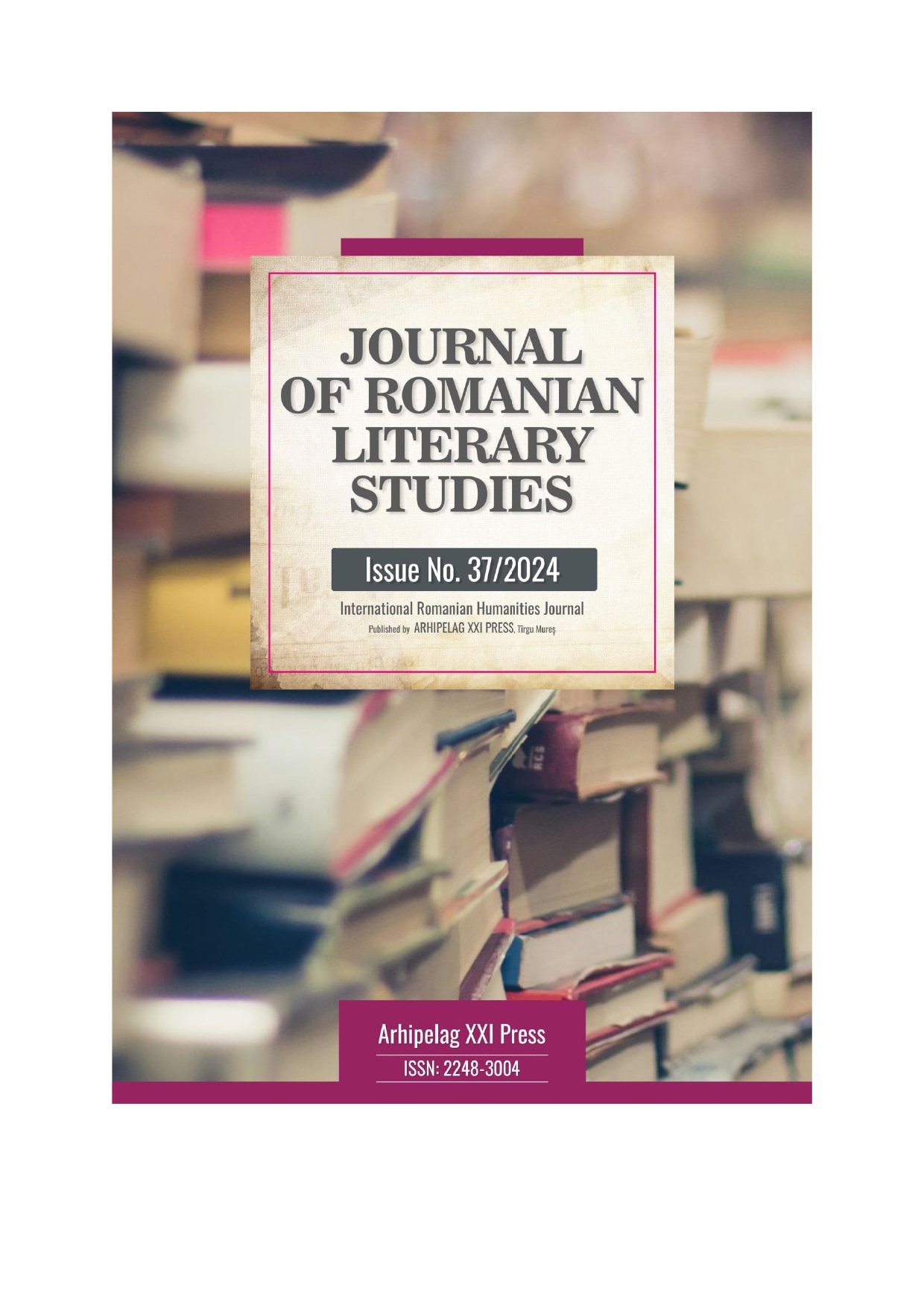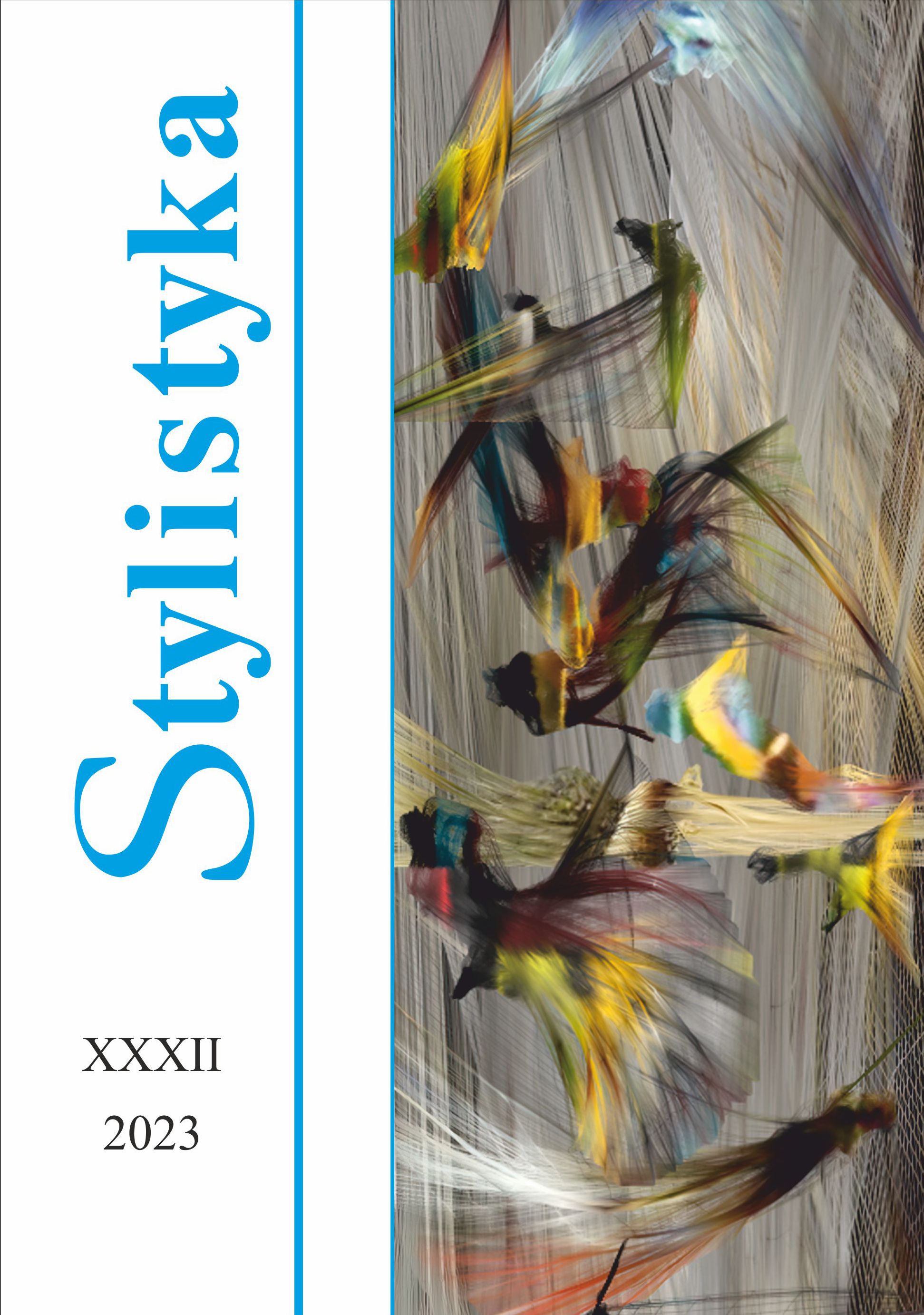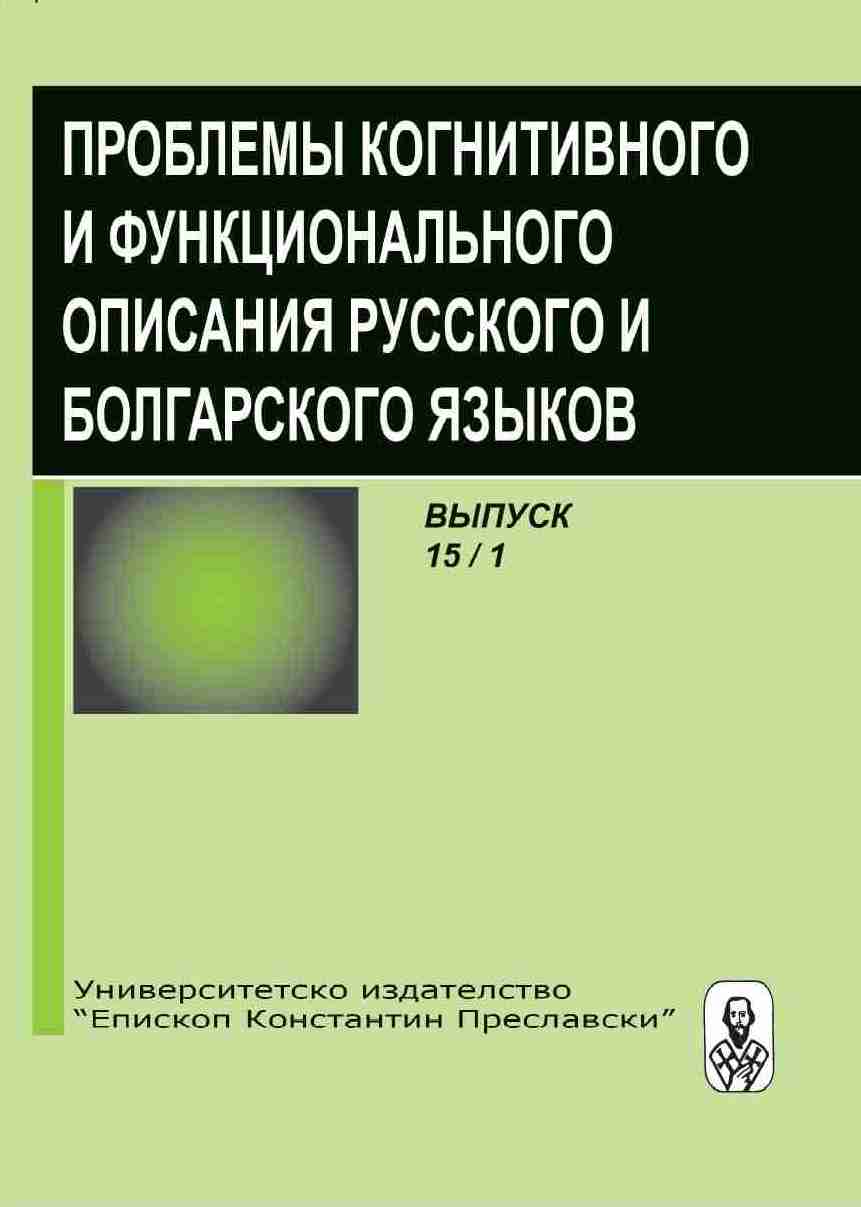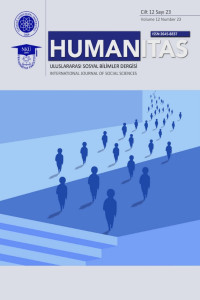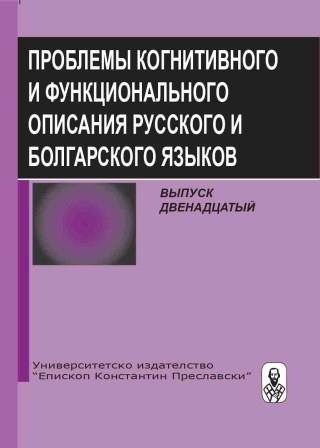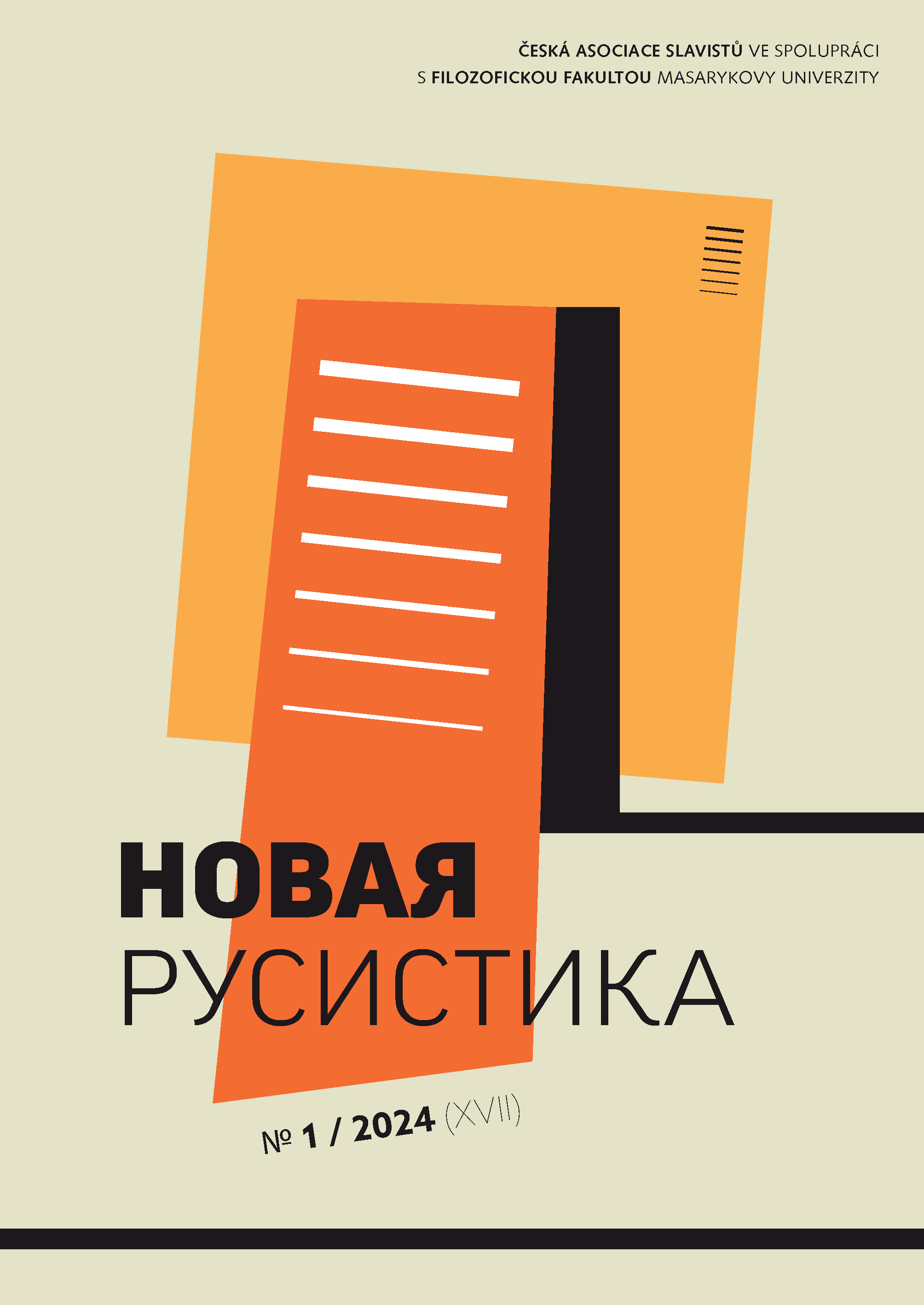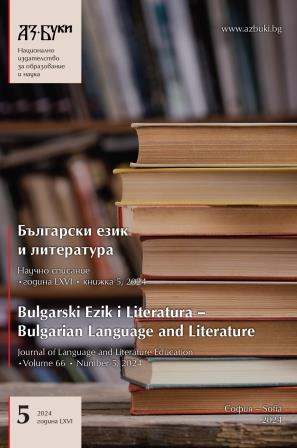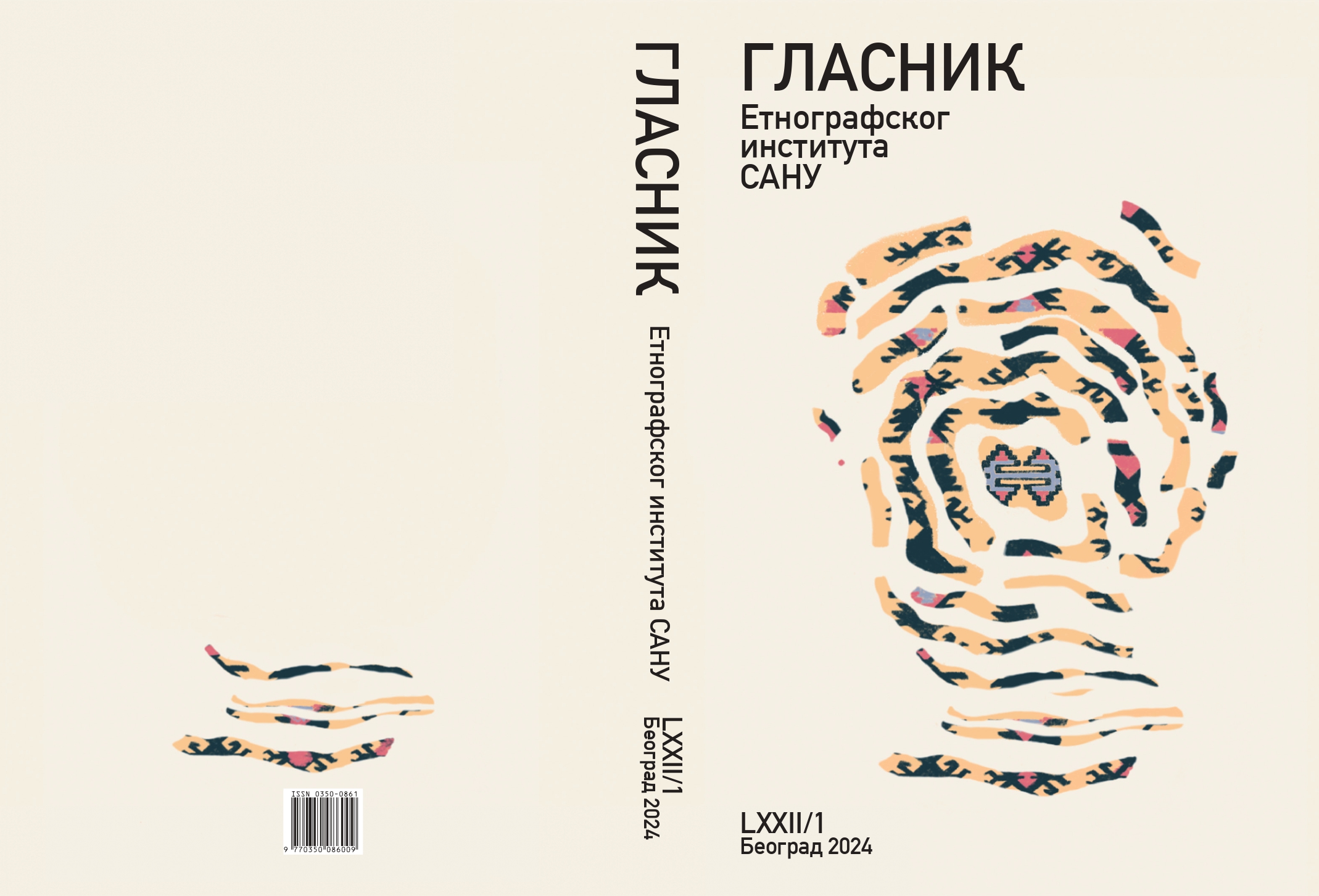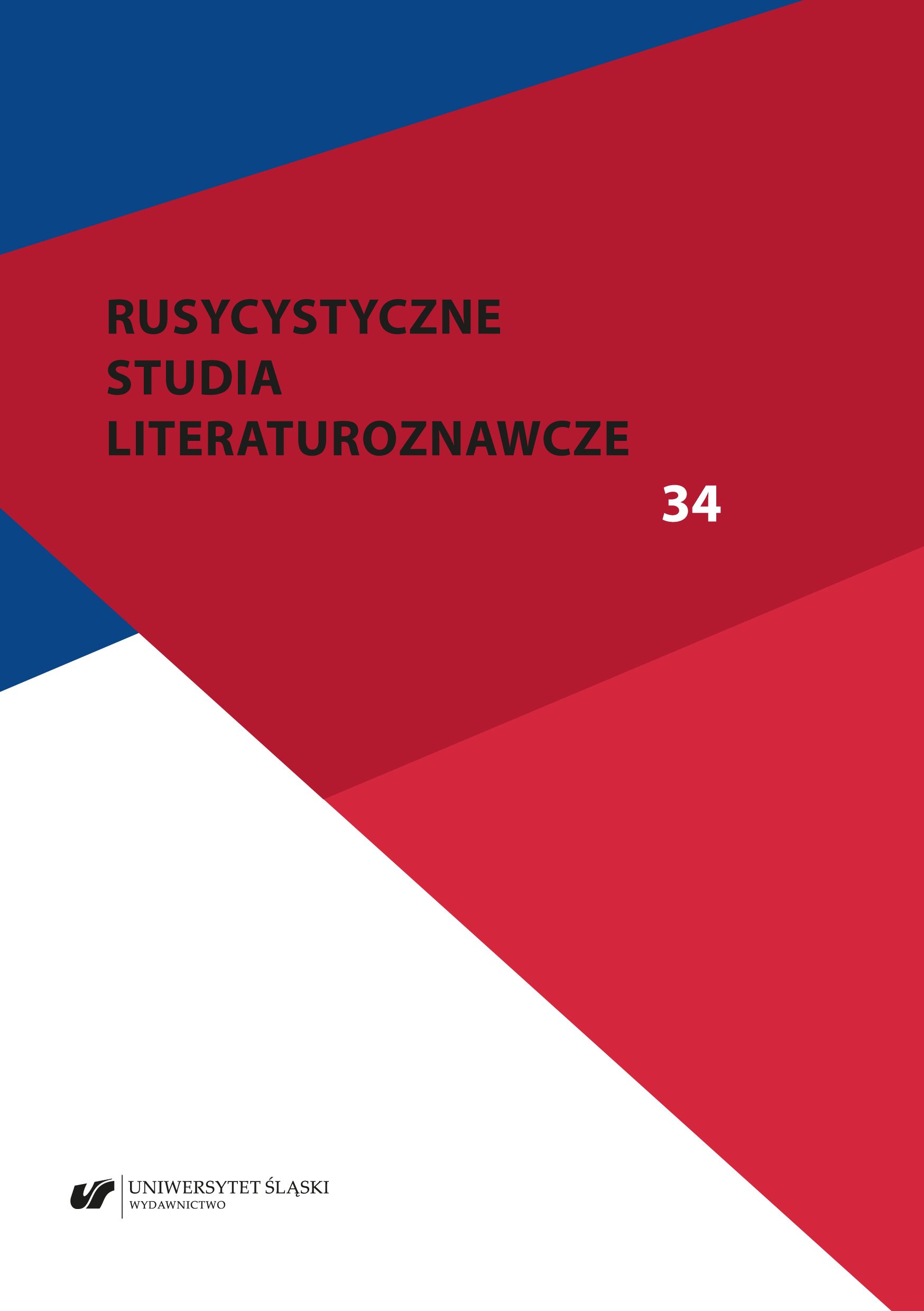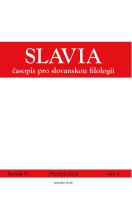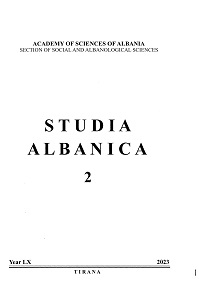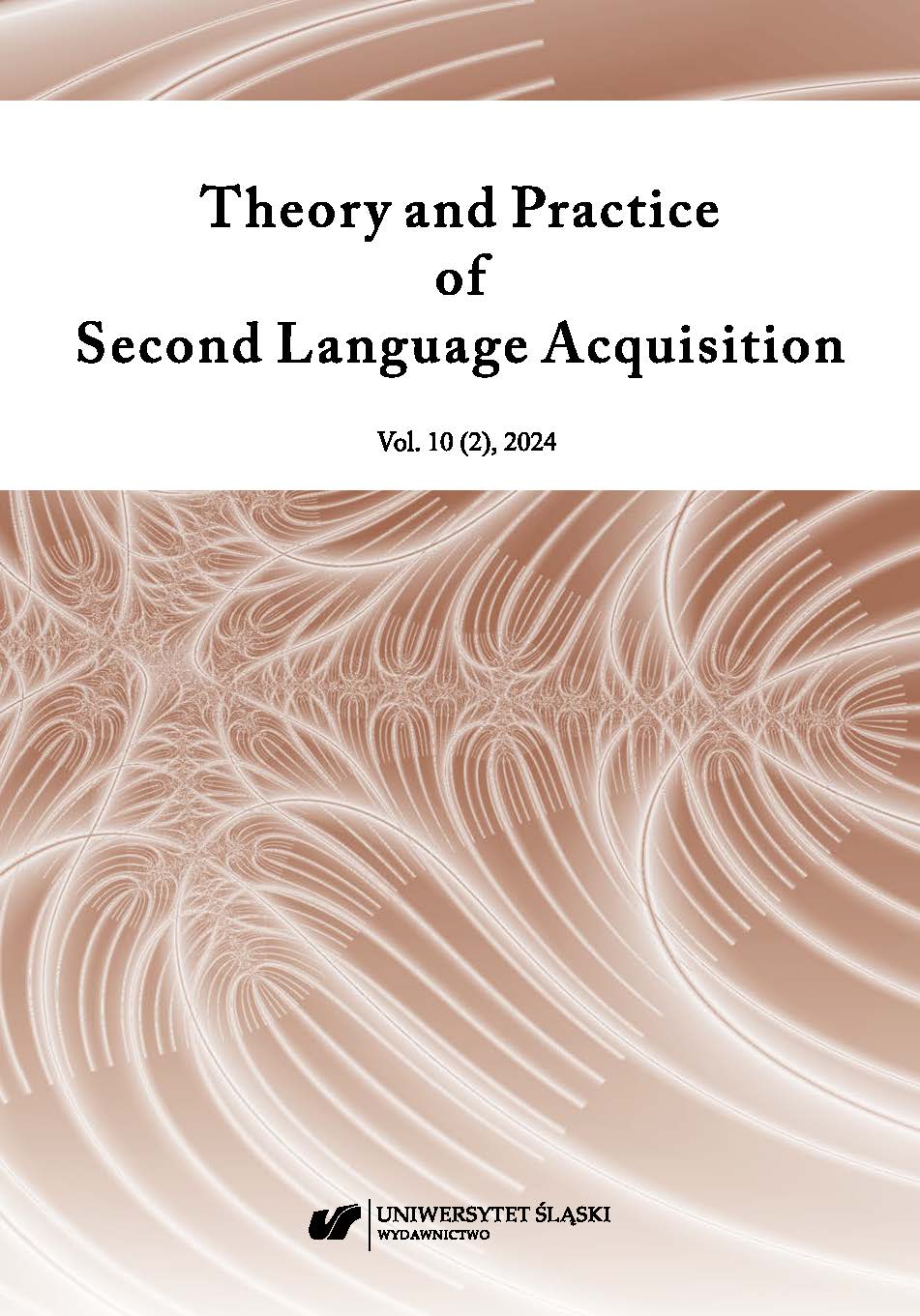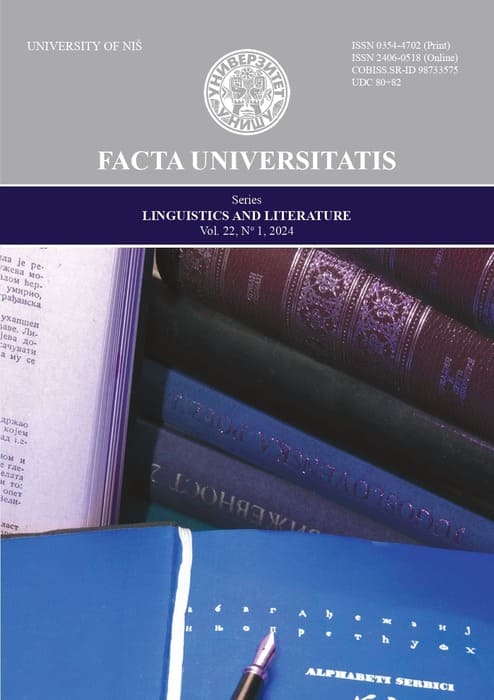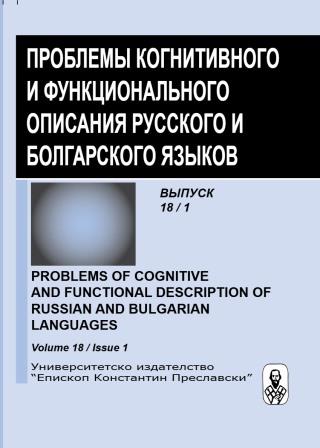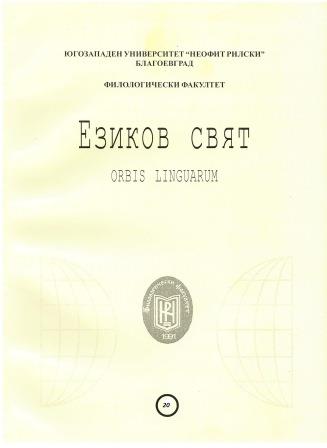
ДОСТОВЕРНОСТ, АВТОРИТЕТНОСТ, ЯСНОТА: ВЛИЯНИЕ НА ПАРАМЕТРИТЕ НА ЕКСПЕРТНАТА РЕЧ В МЕДИИТЕ ВЪРХУ НАЧИНА НА ВЪЗПРИЕМАНЕ НА ИНФОРМАЦИЯТА
The article examines the influence of the parameters of expert speech on the trustworthiness, authority and clarity of information in the media. The following parameters of the expert speech, based on research on the specifics of the professional and media register (Halliday 1989, Videnov 2012 and others), in the media texts were observed: presence, adequacy and naming of the sources - expert and informational; presence of professional vocabulary and terminology; complicating the syntactic organization of utterances; presence of international vocabulary and foreign words and expressions; presence of evaluative and expressive vocabulary (metaphors, etc.); use of modal and conditional constructions to distinguish factual from non-factual information; correlation of indicative and retelling forms. A survey was conducted to establish the influence of linguistic facts on the assessment of expert speech in media reports. A survey was conducted on sentences from 14 informational articles selected using the keywords "coronavirus experts". The questionnaire contained 12 multiple-choice questions, grouped into three sections according to the criteria to be measured: trustworthiness (6 questions), clarity (3 questions) and authority (3 questions). The comments establish a different influence of the same language parameters on the sense of trustworthiness, authority and clarity of the content. Their reading depends on the experience, skills and attitudes of the audience to understand the media text.
More...
